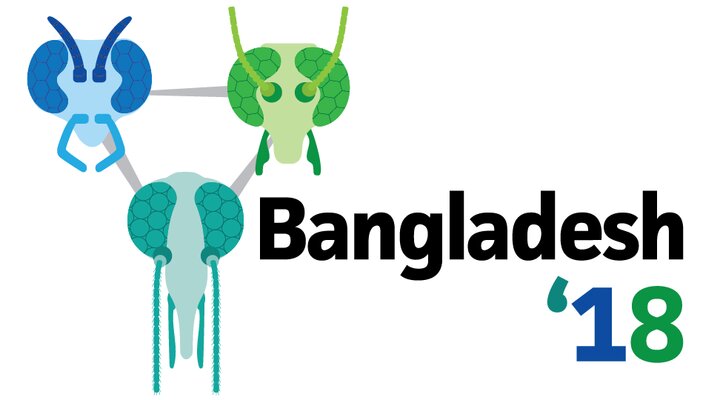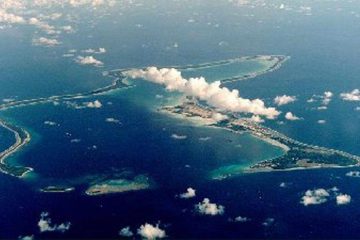Bangladesh: A Nation on the Rise

Introduction
Bangladesh, once considered a development challenge, has emerged as a nation on the rise in South Asia.
Its transformation is significant not just for its citizens but also for regional geopolitics and economics. The country has made remarkable progress in recent years across various sectors, sparking interest from global investors and policymakers alike.
Economic Growth
Recent reports from the World Bank indicate that Bangladesh’s economy is projected to grow by 6.1% in 2023, bolstered by robust textile and garments exports, which constitute over 80% of total exports. The government is actively working to diversify its economy by investing in technology and infrastructure, with major projects, such as the Dhaka Metro Rail, aimed at enhancing urban connectivity.
Social Development
In terms of social indicators, Bangladesh has made impressive strides in education and healthcare. The literacy rate has notably increased to around 73%, and maternal and child health indicators have improved significantly, attributed partially to government initiatives and international aid. Health campaigns and educational reforms have been central to these achievements, drastically reducing poverty levels and improving the quality of life for millions.
Political Landscape
Bangladesh’s political scene has been dynamic. The ruling Awami League, led by Prime Minister Sheikh Hasina, has been in power since 2009 and has focused on economic growth alongside social stability. However, the nation is not without challenges, including concerns over human rights and political freedoms. Continued dialogue and engagement among all political parties are essential for ensuring democratic practices and stability.
Climate Resilience
Bangladesh is one of the countries most vulnerable to climate change, facing frequent flooding and cyclones. The government is actively investing in climate resilience projects, underlining international partnerships and community involvement. The Bangladesh Climate Change Strategy and Action Plan is a key document guiding the nation’s efforts to adapt and mitigate the effects of climate change.
Conclusion
As Bangladesh forges ahead, its trajectory represents a remarkable narrative of growth and resilience in the face of challenges. The nation’s efforts in economic diversification, social development, and climate action are setting a benchmark for other developing nations. For readers, understanding the developments in Bangladesh is crucial as its rise holds implications for regional stability, trade opportunities, and global efforts to address economic disparities.








